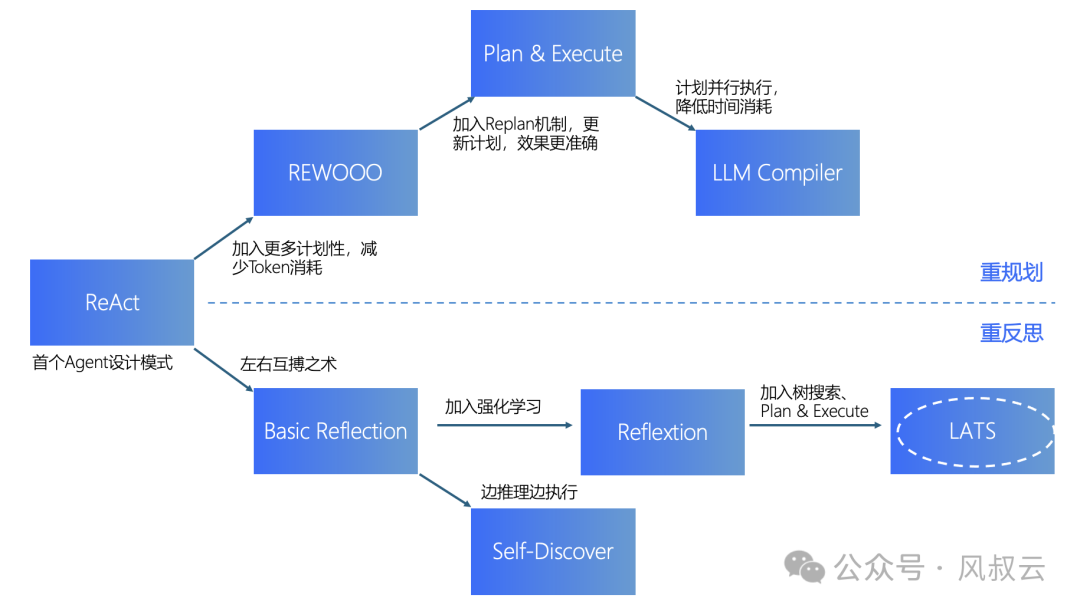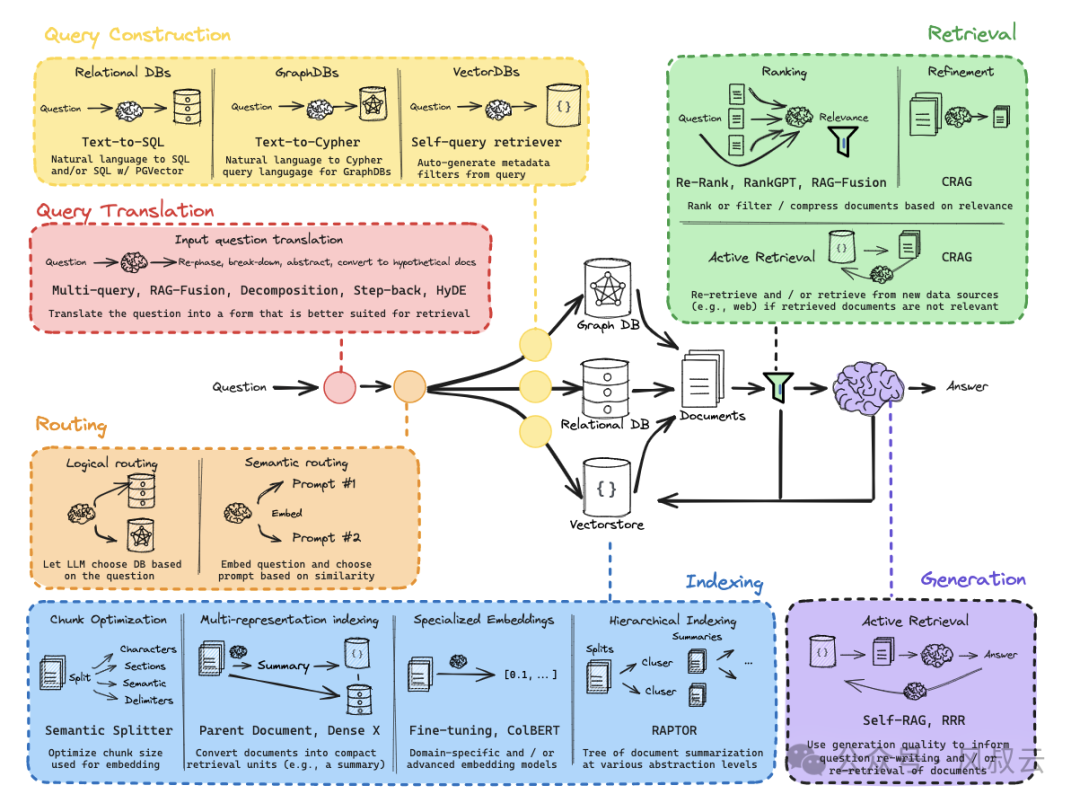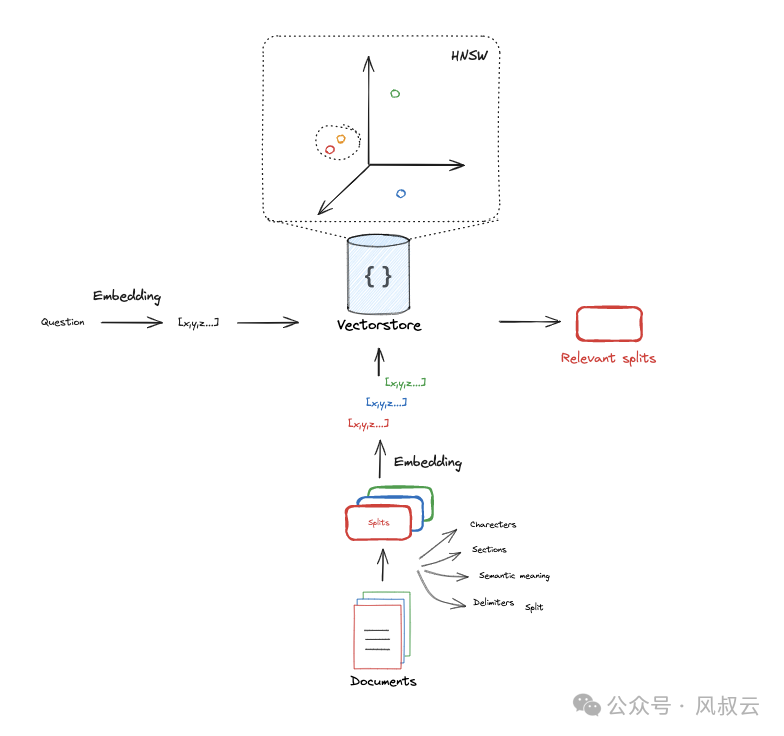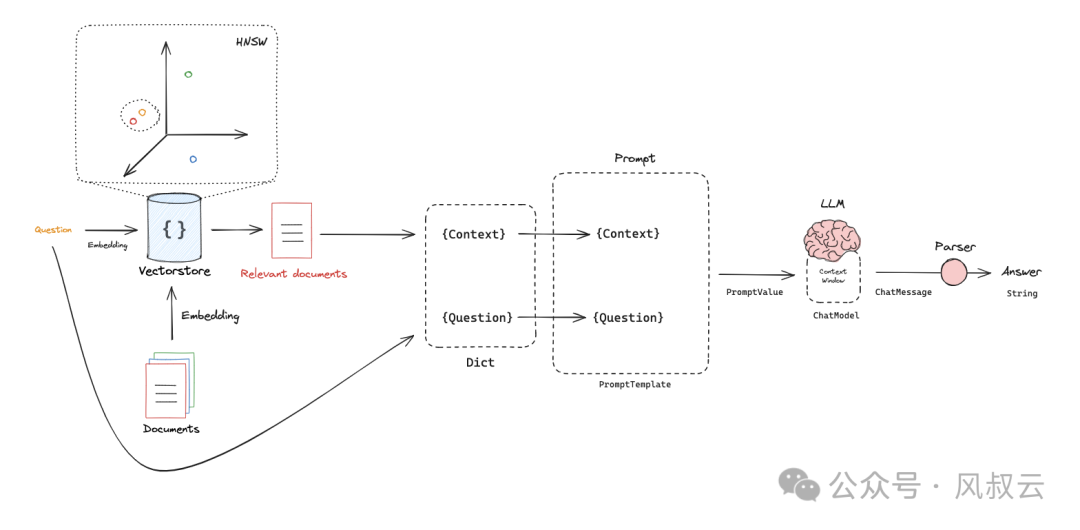"Informed AI News" is an publications aggregation platform, ensuring you only gain the most valuable information, to eliminate information asymmetry and break through the limits of information cocoons. Find out more >>
Building a Minimal Viable RAG System: A Practical Guide
- summary
- score





RAG (Retrieval-Augmented Generation) is a cutting-edge AI technique that enhances the ability of AI systems to understand and generate content by integrating external knowledge. This article delves into building a minimal viable RAG system, breaking down the process into manageable steps.
The RAG framework consists of six key components:
- Indexing: Dividing large documents into manageable chunks and creating semantic vectors for efficient retrieval.
- Query Translation: Transforming user queries to ensure they are accurately understood by the system.
- Routing: Directing queries to the most appropriate processing pipelines.
- Query Construction: Converting natural language queries into machine-readable formats.
- Retrieval: Finding the most relevant document chunks based on query vectors.
- Generation: Using the retrieved information to generate accurate responses.
The article then walks through constructing a basic RAG system:
- Indexing: Load and split documents, then store them in a vector database.
- Retrieval: Retrieve the most relevant document chunks based on user queries.
- Generation: Use a large language model to generate responses based on the retrieved information.
This simple RAG system, though basic, demonstrates the core principles. However, practical applications require further optimization in each component. The author promises to delve deeper into advanced indexing techniques in future articles.
Insights: RAG represents a significant leap in AI's ability to handle complex, knowledge-intensive tasks. By integrating external knowledge, it allows AI to perform tasks that were previously beyond its capabilities, such as specialized analysis and planning. The simplicity of the initial RAG system belies its potential; with further refinement, it could revolutionize how AI interacts with and processes information.
| Scores | Value | Explanation |
|---|---|---|
| Objectivity | 6 | Comprehensive reporting and in-depth analysis. |
| Social Impact | 4 | Strong social discussion, influencing some public opinion. |
| Credibility | 5 | Solid evidence from authoritative sources. |
| Potential | 6 | Extremely high potential for significant changes. |
| Practicality | 5 | Extremely practical, widely applied in practice. |
| Entertainment Value | 3 | Some entertainment value, attracts a portion of the audience. |